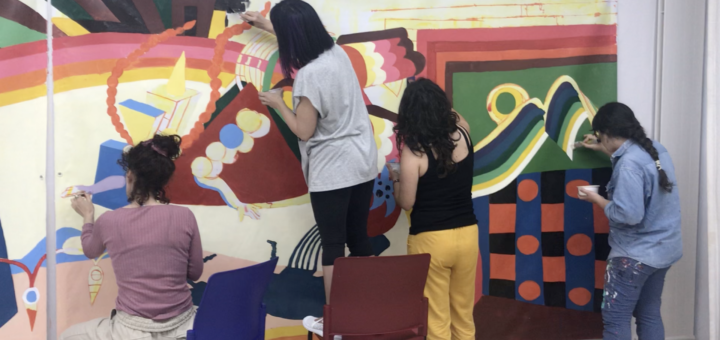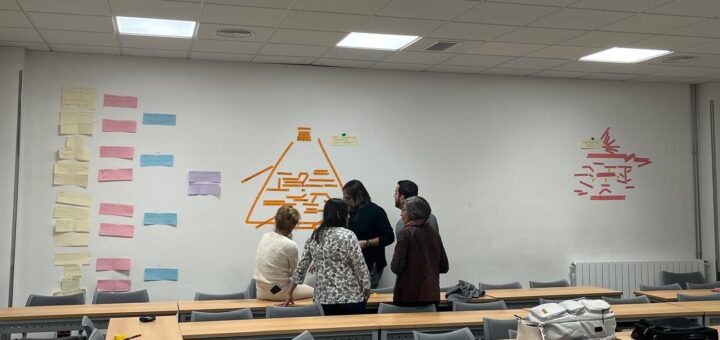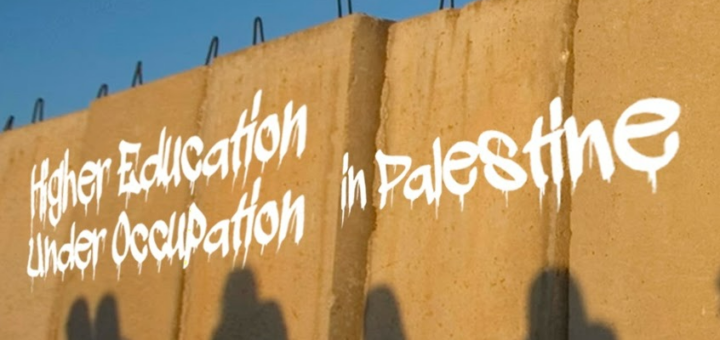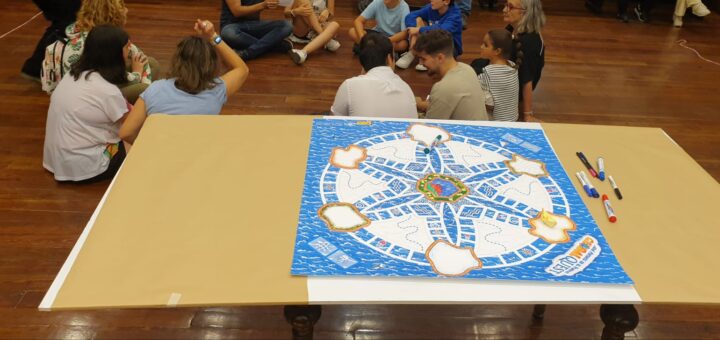This research, directed by Professor Manuel Area Moreira and Jesús Rodríguez Rodríguez and carried out by research groups from different Spanish universities (CRIE, EDULLAB, STELLAE, among others) has delved into the state of the art of production, distribution and pedagogical use in Early Childhood Education schools in the Spanish context. The research was carried out with a qualitative approach based on the performance of four complementary studies, the first focused on the analysis of the characteristics of the resources, the second on the representations and opinions of teachers and families regarding the potential and pedagogical usefulness of digital resources and materials for early childhood education, the third on the exploration of the use of digital materials or content in the classroom, and the fourth on the development and validation of a guide of best practice recommendations for the didactic use of these materials aimed at teachers and families.













